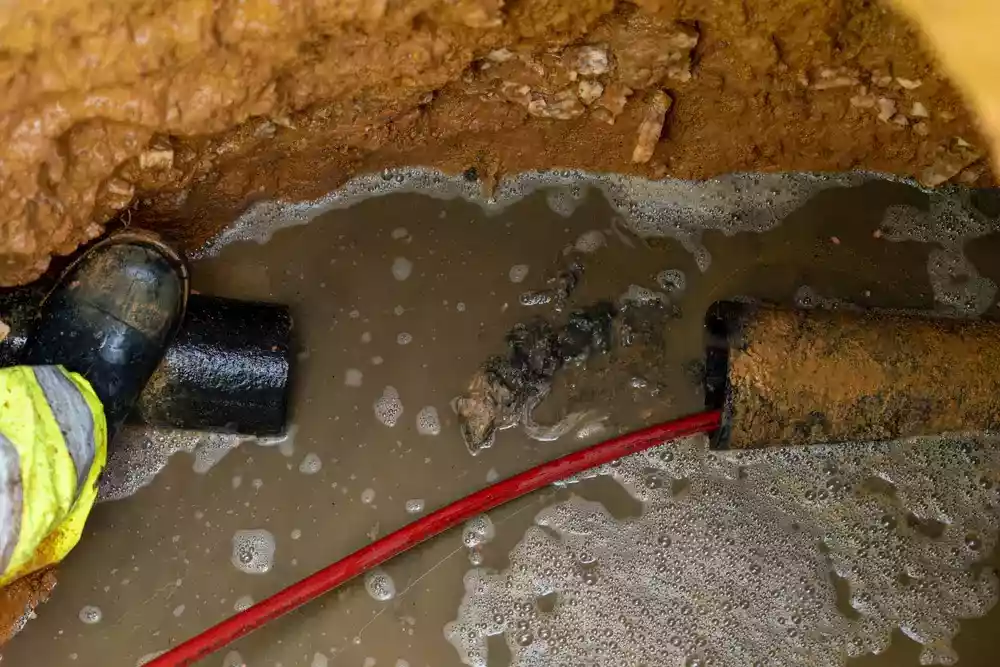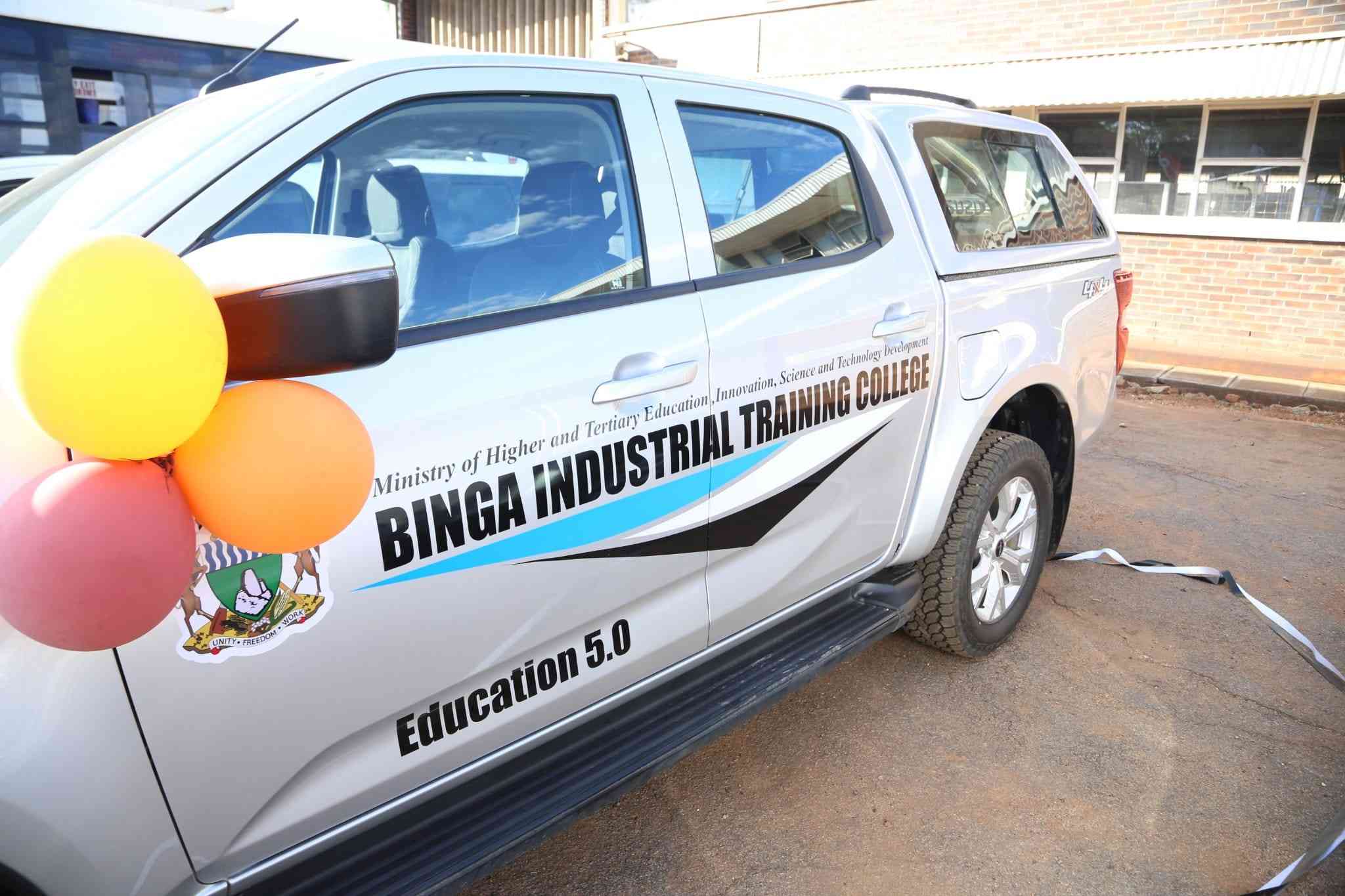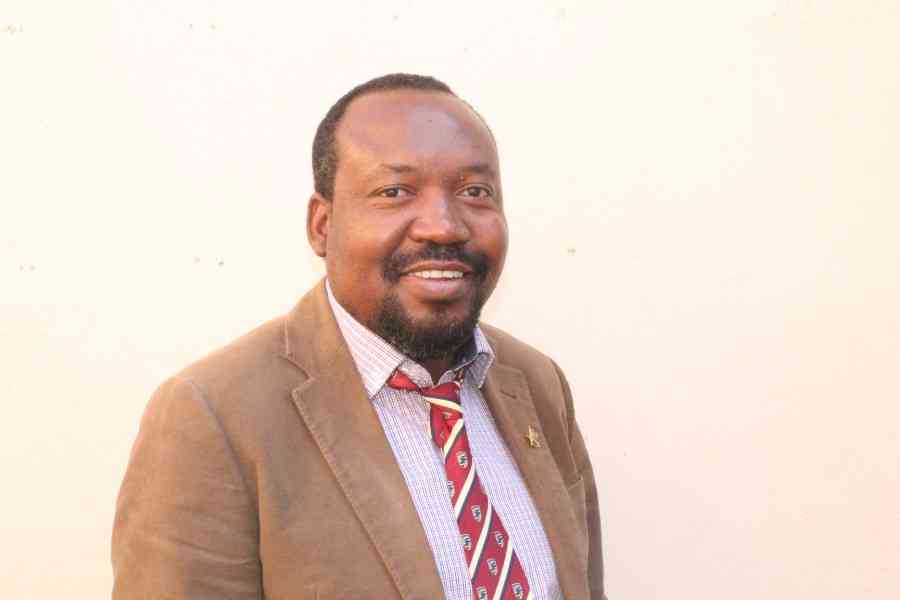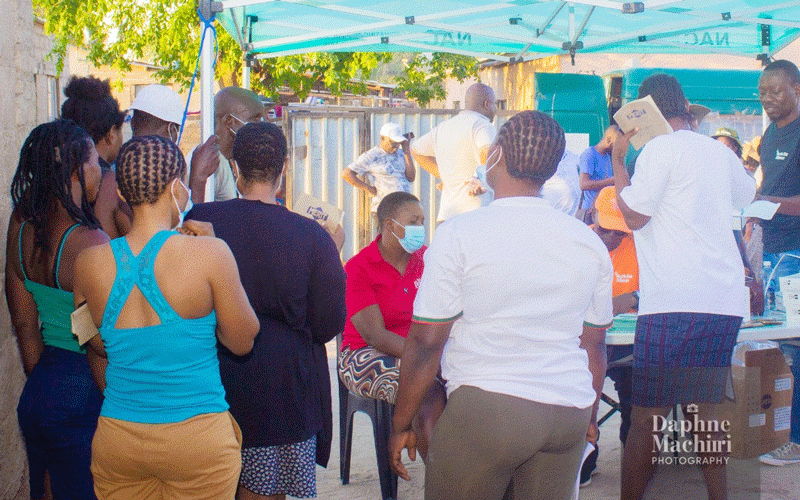
RESIDENTS in Bulawayo are up in arms with authorities at the Bulawayo City Council over perennial sewer blockages that continue to pose a health hazard in the town.
The scourge was exposed by ward 25 councillor Aleck Ndlovu, who blamed the water shortage in Bulawayo for escalating sewer system blockages and bursts experienced in the city.
Yesterday, Ndlovu told Southern Eye that long water-shedding hours are constantly causing sewer blockages in the city.
“Water shortages are causing sewage waste to form sludge in the sewer system, hence when water is restored, that causes a backflow of sewage in households,” he said.
“Therefore, this is why there are many reports coming from residents on the sewage outpours and the sewer chokes they are experiencing in their homes.”
Ndlovu said he also held residents accountable for their carelessness in taking care of the drainage systems at their homes.
“Let us not put all the blame on water woes because residents themselves are careless enough to drop kitchen utensils in their drainage holes, which then cause sewer blockages in their households,” he said.
“Another thing is the vandalism of manhole covers which are left unattended, hence pushing schoolchildren to throw in stones or objects that cause sewer chokes.
- Chamisa under fire over US$120K donation
- Mavhunga puts DeMbare into Chibuku quarterfinals
- Pension funds bet on Cabora Bassa oilfields
- Councils defy govt fire tender directive
Keep Reading
“It’s the agricultural season right now and you will find out that people wash their soiled shoes and tools using running tap water, which causes the soil to pile up and cause sewage outpours.”
Ndlovu said residents should be mindful of the things they pour into their drainage systems.
“My advice to residents is that they check liquid waste before they pour it into their drainage holes.
“Residents must actively participate and attend council meetings so that they are educated on most of these problems,” he said.
The city father urged mothers to stop dumping disposable diapers down the drainage systems.
In 2022, Bulawayo councillors proposed that the local authority hires community plumbers to attend to sewage pipe bursts.
Council blames the incessant pipe bursts in the city on ageing water and sewage reticulation infrastructure.
According to council minutes, the city fathers are concerned that the increasing sewage pipe bursts can trigger outbreaks of diseases such as cholera.
While it is a council requirement that plumbers should have, among other things, a motor vehicle and plumbing equipment, councillor Silas Chigora felt that there was a need to relax some of the requirements.
In 2021, council said an estimated US$500 million was required over a 20-year period to upgrade the city’s water and sewage reticulation infrastructure.
Bulawayo also continues to lose water due to pipe bursts and leaks, with an average of 90 water faults being reported per day.
Council is failing to attend to the pipe bursts on time due to manpower shortage, resulting in backlogs.
In some suburbs, sewage flows into people’s homes, exposing residents to water-borne diseases.
In 2020, a diarrhoea outbreak claimed 13 lives in Luveve, while several people were affected.
The outbreak was blamed on contamination of potable water by sewage from burst pipe.









